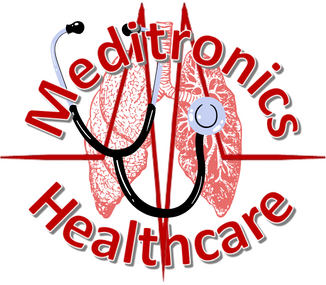Types of Sleep Disorders: Causes, Symptoms, and Treatments
Sleep is essential for good health, yet millions of people struggle with conditions that disrupt their rest every night. Sleep disorders are medical conditions that affect the quality, timing, or duration of sleep. They not only cause fatigue and irritability but can also increase the risk of serious health issues like heart disease, diabetes, obesity, and depression.
In this guide, we’ll explore the most common types of sleep disorders, their causes, symptoms, and available treatment options. If you suspect you may have one, scheduling a Sleep Study can help you get a proper diagnosis.
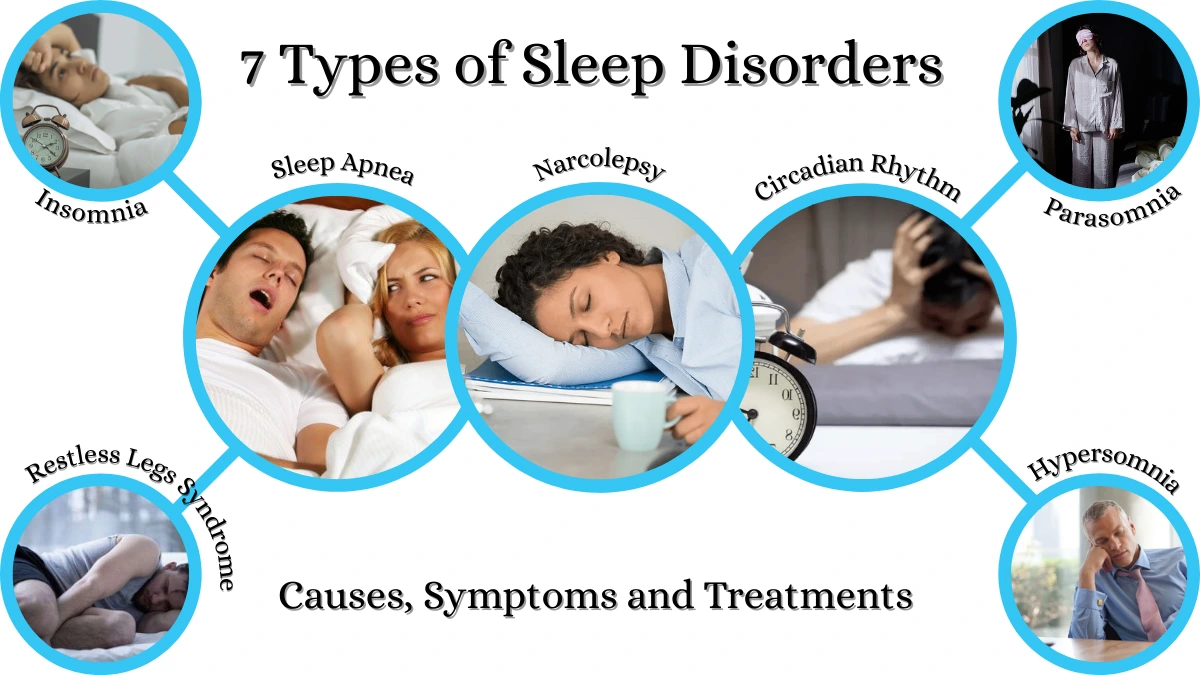
Sleep Apnea
What it is: Sleep Apnea is a potential serious disorder where breathing repeatedly stops and starts during sleep. These interruptions can last from a few seconds to a minute or longer and multiple times throughout the night.
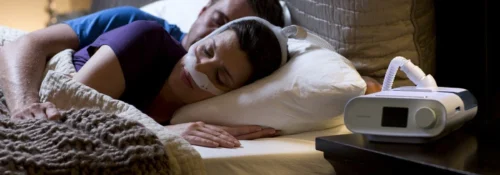
Types of sleep apnea:
- Obstructive Sleep Apnea (OSA): Caused by blocked airways
- Central Sleep Apnea (CSA): Brain fails to send proper breathing signals
- Complex (Mixed) Sleep Apnea: It is a combination of Obstructive (OSA) and Central Sleep Apnea (CSA)
Symptoms:
- Loud snoring or choking sounds during sleep
- Daytime sleepiness and morning headaches
- Dry mouth or sore throat upon waking
Treatment options:
- Continuous Positive Airway Pressure (CPAP Therapy)
- Bi-level Positive Airway Pressure (BiPAP Therapy)
- Lifestyle changes such as weight loss and quitting smoking
- Surgery in severe cases.
Learn more about this conditions on our dedicated Sleep Apnea page.
Insomnia
What it is: Insomnia is the most common sleep disorder, characterized by difficulty falling asleep, staying asleep, or waking up too early.
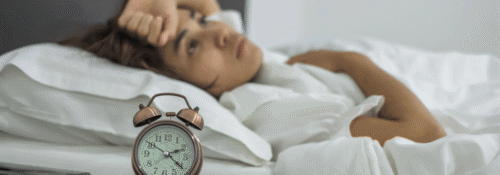
Causes include:
- Stress, anxiety, or depression
- Poor sleep habits (irregular schedules, late caffeine intake, screen use)
- Medical conditions such as pain, asthma, or gastrointestinal issues
Symptoms:
- Trouble falling asleep despite being tired
- Day fatigue, irritability, and poor focus
- Frequent nighttime awakenings
Treatment options:
- Improving sleep hygiene (consistent sleep schedule, relaxing bedtime routine)
- Cognitive behavioral therapy for insomnia (CBT-I)
- Medications in severe cases (under doctor’s supervision)
Restless Legs Syndrome (RLS)
What it is: A neurological disorder that causes uncomfortable sensations in the legs, leading to an uncontrollable urge to move them, especially at night.
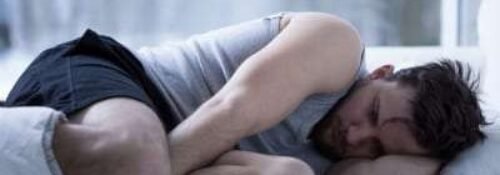
Causes include::
- Low iron levels or anemia
- Nerve damage
- Genetic factors
Symptoms:
- Creeping, tingling, or burning feelings in the legs
- Worsening of symptoms during the evening or while resting
- Difficulty falling asleep
Treatment options:
- Iron supplements or medications
- Moderate exercise and relaxation techniques
- Avoiding caffeine and alcohol before bedtime
Narcolepsy
What it is: A chronic neurological condition that disrupts the brain’s ability to regulate sleep and awake cycles. People with narcolepsy often experience excessive daytime sleepiness and sudden episodes of sleep, which can interfere with daily activities and significantly impact their quality of life.

Causes include::
- Loss of hypocretin (orexin) producing neurons
- Autoimmune response: The immune system may mistakenly attack and destroy hypocretin-producing neurons
- Genetic variations that increase susceptibility but doesn’t guarantee narcolepsy how it raises the risk
- It can trigger from trauma, tumors, or strokes affecting the hypothalamus
- Infections, stress, or normonal changes may activate in genetically prone individuals
Symptoms:
- Excessive daytime sleepiness (EDS)
- Sudden sleep attacks at inappropriate times
- Cataplexy (sudden muscles weakness triggered by strong emotions)
- Hallucinations or sleep paralysis
Treatment options:
- Stimulant medications to improve alertness
- Scheduled naps during the day
- Lifestyle adjustments and avoiding sleep deprivation
Parasomnia
What it is: It is a group of abnormal behaviors, movements, emotions, perceptions, or dreams that occur while falling asleep, during sleep, or while waking up. Unlike insomnia or sleep apnea, parasomnias don’t affect how long you sleep, but they disrupt sleep quality and can cause injuries, fear, or confusion.

Causes include:
- Genetics / family history
- Sleep deprivation
- Stress and anxiety
- Alcohol or drug use
- Neurological conditions
Symptoms/Impacts:
- Excessive daytime sleepiness due to disrupted sleep
- Emotional distress, fear, or embarrassment
- Poor sleep quality, affecting memory and concentration
Treatment options:
- Sleep hygiene improvements
- Ensuring a safe sleep environment with safety measures
- Treating underlying sleep disorders
- Medication in severe cases
Circadian Rhythm
What it is: It happen when our body’s internal clock is out of sync with the natural day-night cycle. This clock regulates sleep, wakefulness, hormones, and body temperature, so any disruption can cause insomnia, daytime sleepiness, or irregular sleep patterns.
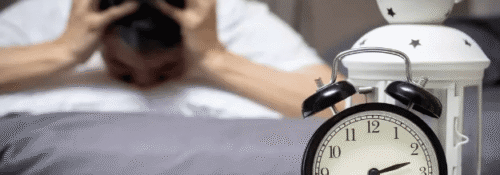
Causes include:
- Lifestyle & Environmental Factors: Shift work, Jet lag, excessive screen time, irregular sleep schedule
- Medical & Biological Factors: Neurological conditions, blindness or low light perception, hormonal changes, genetic predisposition.
- Psychological Factors: Stress and anxiety, depression or other mood disorders
Symptoms:
- Difficulty falling asleep or waking up at normal times
- Daytime fatigue or reduced performance
- Trouble adjusting to schedule changes
Treatment options:
- Light therpy to reset the body clock
- Melatonin supplements
- Consistent sleep routines
Hypersomnia
What it is: It is a sleep disorder characterized by excessive daytime sleepiness even after getting a full night’s sleep. Unlike normal tiredness, hypersomnia interferes with daily activities, concentration, and overall quality of life.
It can be primary (no other health condition causing it) or secondary (linked to medical issues like sleep apnea, depression, or neurological conditions).

Causes include:
- Sleep apnea or narcolepsy
- Neurological issues
- Medication side effects
Symptoms:
- Falling asleep multiple times during the day
- Struggling to stay awake even after rest
- Reduced concentration and memory
Treatment options:
- Treating the underlying cause
- Medications to promote wakefulness
- Lifestyle adjustments (exercise, sleep hygiene)
When To See A Doctor
If you consistently feel tired, snore loudly, or have difficulty sleeping, you may be dealing with more than just occasional restlessness. Sleep disorders require medical attention and, in many cases, a sleep study for accurate diagnosis.
At Meditronics Healthcare, we provide complete sleep solutions including:

Frequently Asked Questions (FAQs)
What are the most common types of sleep disorders?
The most common sleep disorders include sleep apnea, insomnia, restless legs syndrome (RLS), narcolepsy, parasomnias, circadian rhythm disorders, and hypersomnia.
How do I know if I have a sleep disorder?
Persistent fatigue, snoring, or difficulty staying asleep are common warning signs. A sleep study is the best way to confirm.
What are the main causes of insomnia and how is it treated?
Insomnia may be caused by stress, anxiety, poor sleep habits, or medical conditions. Treatment includes better sleep hygiene, relaxation, and sometimes therapy or medication.
Can restless legs syndrome (RLS) affect the quality of my sleep?
Yes. RLS creates an urge to move your legs at night, disturbing rest. It may lead to fatigue, irritability, and poor concentration during the day. Learn more about other sleep disorders that impact daily life.
When should I see a doctor about sleep disorders?
See a doctor if problems last 3+ weeks, interfere with work, or cause symptoms like excessive sleepiness or loud snoring. For breathing-related issues, you may need a sleep study for proper diagnosis.
Are sleep disorders curable or only manageable with treatment?
Some can be cured (like insomnia caused by poor habits), while others such as sleep apnea or RLS are managed with therapies such as CPAP therapy, BiPAP therapy or medications.
What lifestyle change can help improve sleep disorders naturally?
A regular sleep routine, stress management, and avoiding caffeine improve sleep naturally. For conditions like sleep apnea, devices such as CPAP machines and BiPAP machines may be necessary.
What is the best treatment for sleep disorders?
Treatment varies based on the condition – from lifestyle changes and therapy to medical devices like CPAP or BiPAP.
